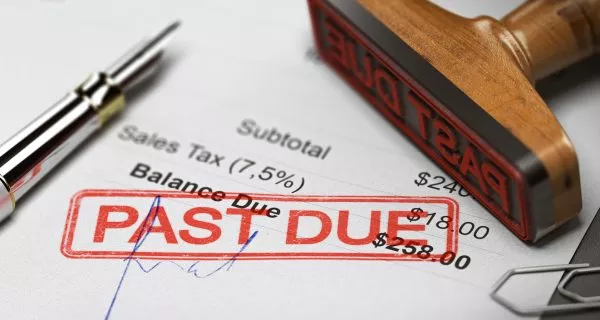It’s an unfortunate, yet common, problem. A customer fails to pay their bill in accordance with the agreed upon payment terms. Despite gentle reminders via phone, email and even snail mail, the invoice remains unpaid, leaving you with what feels like last-ditch options. You could hire a collection agency (but their fees will bite into your profit), or send a demand letter threatening legal action (but they all look the same and never seem to work). Finally, you could choose (perhaps begrudgingly) to write off the debt. Although there is no “one-size-fits-all” solution, and the best course of action may depend upon your company’s particular circumstances, most creditors would likely choose a collection letter if they could write it in a way that grabs the debtor’s attention. Below are 3 creative approaches I have successfully used in collection letters to motivate debtors to pay their outstanding bills, or at least, reengage in settlement discussions. Before writing the letter, it is important to first review your agreement with the defaulting customer for some basic facts about the scope of your rights. For example, can you charge the debtor interest or late fees? Are you permitted to charge the customer for any expenses related to collections? If you hire an attorney to help draft the demand letter, can you pass this cost along to the debtor? With this information in hand, consider employing one or more of the following overlooked or uncommon tactics in your next demand letter: Less Common – Threaten to report the unpaid debt to a business credit reporting agency like Moody’s, S&P, Fitch Rating, Bloomberg, etc., along with an explicit reminder that this action could potentially: As the saying goes, money talks, and when you can show the debtor how payment delays — or failure to pay — might impact their own bottom line, it may be the “stick” that ultimately works. If you would like help writing a collection letter, please feel free to contact Brian Heller at [email protected]. Brian Heller is a Member of Outside GC’s Washington D.C.-based team, and is an experienced technology and deal attorney, specializing in SaaS licensing, digital and social media, online advertising, mobile apps, cloud services, terms of use, data use and protection, content licensing and other technology deals. Brian has represented both vendors and customers and uses this experience to present reasonable positions on behalf of his clients. Brian can be reached at [email protected].
This publication should not be construed as legal advice or a legal opinion on any specific facts or circumstances not an offer to represent you. It is not intended to create, and receipt does not constitute, an attorney-client relationship. The contents are intended for general informational purposes only, and you are urged to consult your attorney concerning any particular situation and any specific legal questions you may have. Pursuant to applicable rules of professional conduct, portions of this publication may constitute Attorney Advertising.
